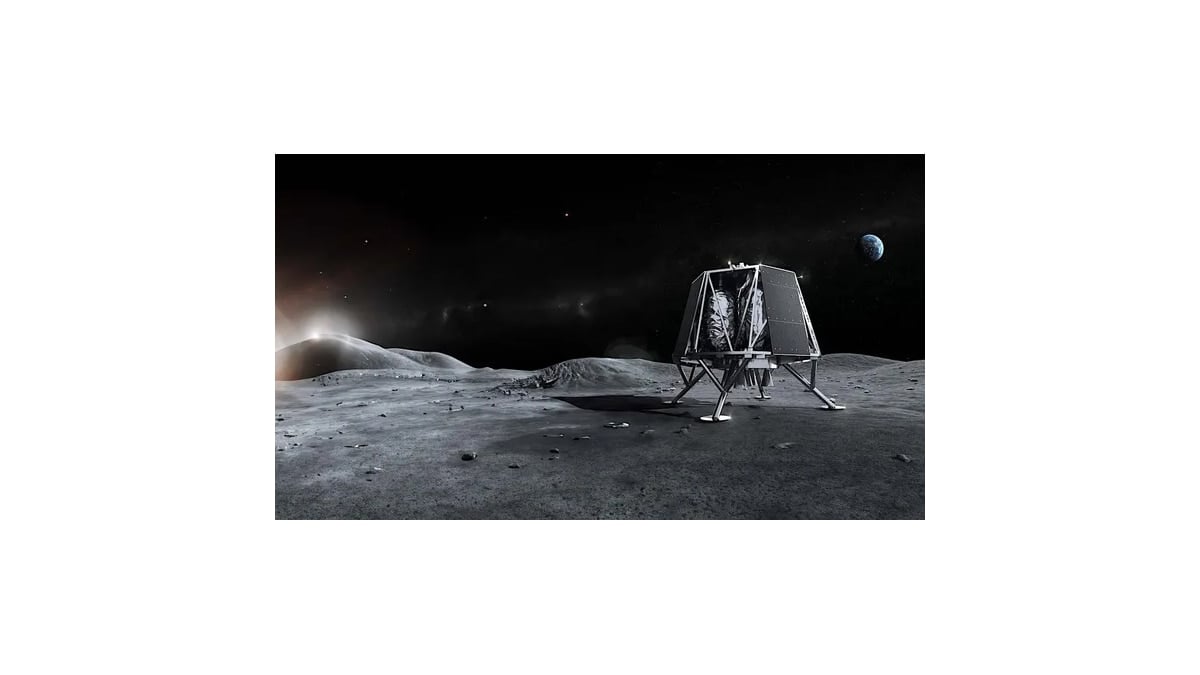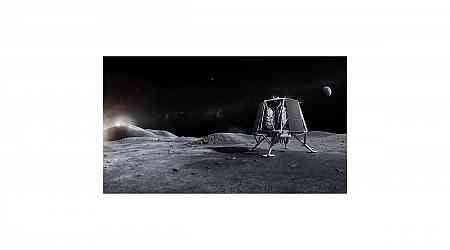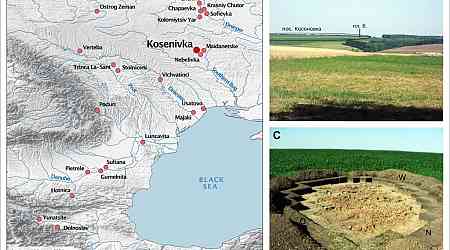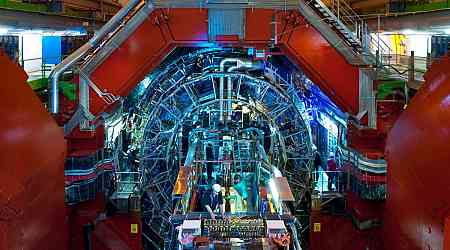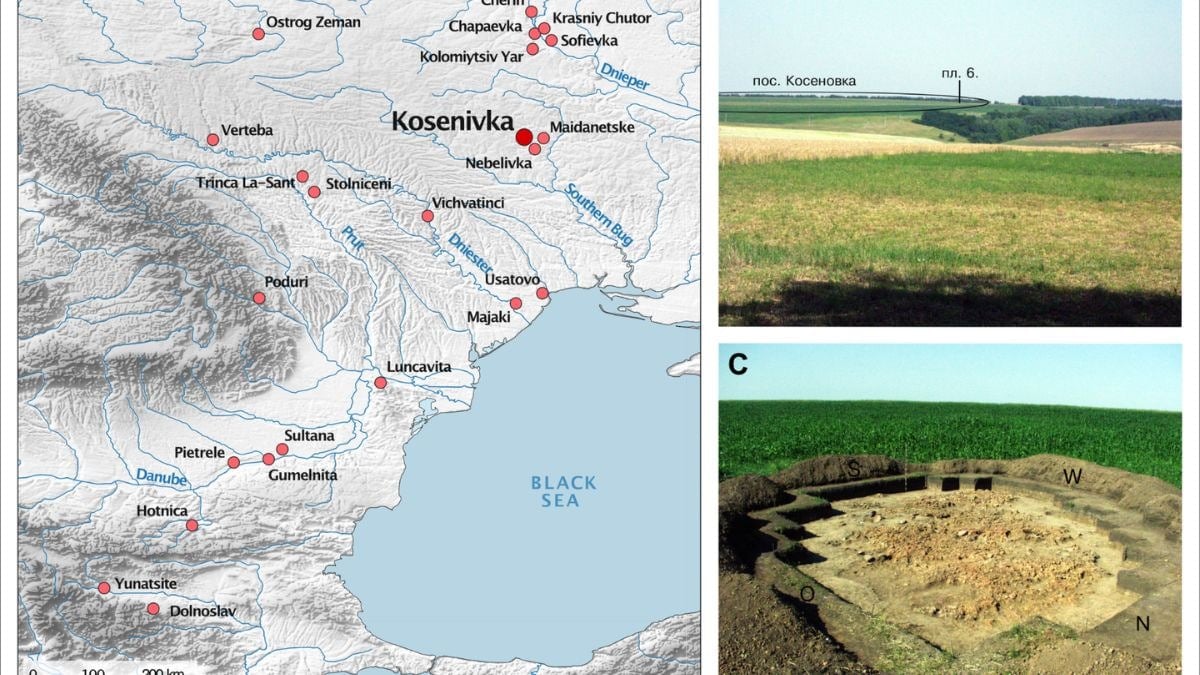Efforts to utilise lunar resources for Earth's benefit have advanced with a new collaboration between ispace, a Japanese lunar exploration company, and Magna Petra, a firm specialising in lunar prospecting. Announced on 10 December, the partnership outlines a shared goal of harnessing helium-3 from the moon's regolith sustainably and without causing destruction, according to reports.
Helium-3, a rare isotope facing critical shortages on Earth, has been identified as a potential resource for commercial extraction. Magna Petra has indicated plans to extract and transport substantial quantities of the isotope back to Earth. The company's approach will rely on technologies designed to minimise environmental impact on the lunar surface. This development aligns with ispace's broader vision for the cislunar economy, which seeks to utilise a range of lunar resources beyond water.
ispace's Upcoming Lunar Mission
ispace's second lunar lander mission, named Resilience, is scheduled for launch no earlier than January 2025. According to reports, this mission follows the company's first attempt, which ended in failure due to an altitude sensor malfunction. Updated software and system improvements have been implemented to avoid similar issues. The Resilience lander is expected to deliver the Tenacious micro rover to the moon's surface. Once deployed, the rover aims to demonstrate its ability to traverse lunar terrain and collect samples of regolith.
Magna Petra's Vision for Lunar Prospecting
Jeffrey Max, CEO of Magna Petra, expressed confidence in ispace's capabilities, stating in reports that their expertise and global presence align with the requirements of the mission. He emphasised the importance of partnerships in advancing the timeline for validating and retrieving helium-3 for Earth-based applications.
Expanding the Lunar Economy
Takeshi Hakamada, Founder and CEO of ispace, highlighted the need for focusing on various lunar resources essential for the development of the cislunar economy. He noted, as per sources, that water-ice is not the sole resource worth exploring, and collaborations like this pave the way for a broader utilisation of lunar materials.


















